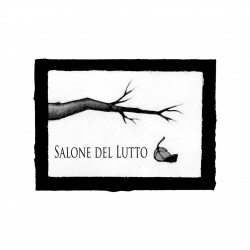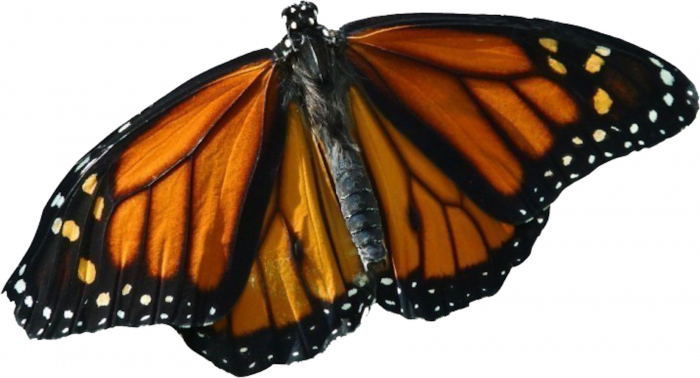The garden of earthly delights is here and everywhere. It is populated by wonderful creatures, ancient trees and species in danger of extinction. In our garden, Maestrat’s knotty olive trees whisper and speak stirred by the wind, their leafage nods and their silhouettes irregularly develop against the sky of Eastern Spain. Some trunks bifurcate and take opposite directions, until they reproduce a sensual macabre dance, where Death sometimes sinuously joins the maiden and then softly distances herself from her. Others, instead, move on alone, they bend and they get knotted in a single block. For thousands years they have been supervising an earth cracked by the sun. Nobody dares uproot them.
In our garden, monarch butterflies (Danaus plexippus) endlessly keep on wandering in their magic, mysterious way. From Mexico to Southern Canada and back, three generations go up north and only one – the super-generation – comes back south, for thousands miles, to the place where the species originated. Their wings flutter and create impressive games of orange, white and black. Nobody dares poison them.
In our garden, the golden toad (Bufo periglenes) hoarsely croaks in the tropical forest of the Cordillera de Tilarán. Its slimy livery sparkles in the dark and its song is not a Musicians’ Hell, a celestial harmony. And nobody dares turn up the world’s thermostat until it disappears.
In our garden of earthly delights humans don’t plunder, but protect. And Eden’s forbidden fruit will have the names of all living beings, so that humans abstain from all of them.
Species have always died out, but never at the current rate. Maestrat’s olive trees are systematically uprooted to become garden plants. This year, the number of monarch butterflies that have crossed the American valleys has remarkably reduced. One of the estimated causes is genetically modified maize, covered with insecticides. The last sighting of the golden toad dates back to 1989. Since then it is officially declared extinct.

